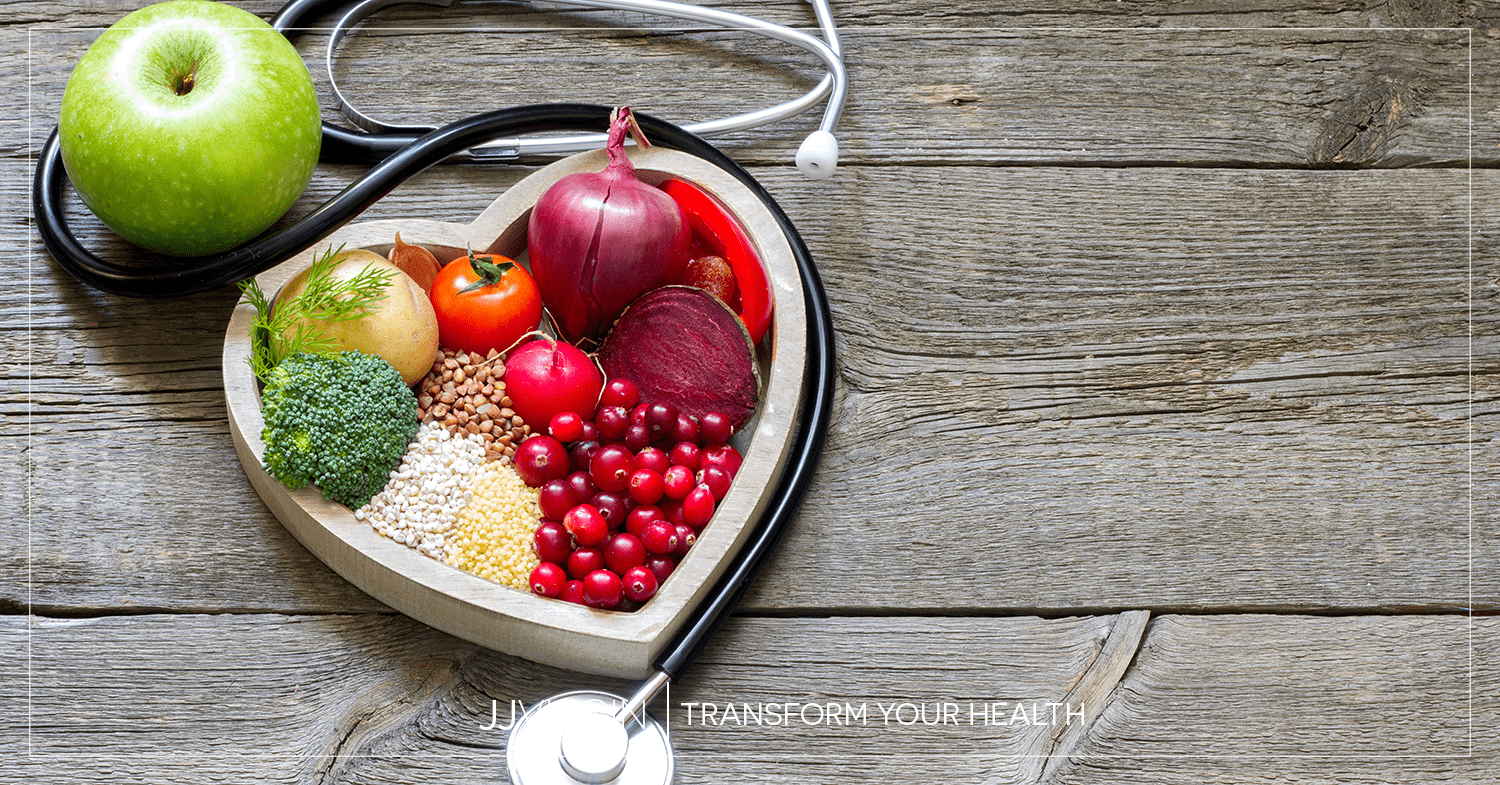Over 40% of Americans have elevated cholesterol. When your cholesterol levels are out of balance, you have an increased risk for heart attack and stroke.
You also increase your risk of gallstones, liver disease, and severe digestive issues.
It doesn’t have to be that way, and it doesn’t require a prescription to make a significant change!
While most people think of the goal as “lowering cholesterol,” you actually have 2 goals: lower your harmful LDL and raise your helpful HDL.
And the best way to do that is with your diet. These two simple shifts can significantly improve your cholesterol levels.
1. Eat more fiber.
Soluble fiber blocks your body’s ability to absorb cholesterol, and a little goes a long way! Just 3g of soluble fiber a day can lower your LDL by 5-10% and give your HDL a boost.1
Wild rice, beans, and freshly ground flaxseed are all great options to raise your fiber intake. Lower-sugar impact fruit and vegetable superstars in the fiber world include sweet potatoes, berries, cruciferous veggies like cabbage and cauliflower, and leafy greens.
For a complete list of high-fiber foods, check out this blog.
I love Brussels sprouts and broccoli, but if bowls of veggies aren’t your idea of a good time, there are other choices. An easy one is to add a high-quality fiber supplement to your morning protein shake.
Extra Fiber combines fiber derived from fruits, vegetables, roots, seeds, and tree extracts…including a prebiotic that supports the growth of friendly bacteria.* Altogether, it contains 12 types of fiber to create the ULTIMATE fiber product.
2. Get more omega-3 fatty acids.
Omega-3 fatty acids are healthy fats that achieve the magic cholesterol combo of lowering your LDL and raising HDL.
Omega-3s are naturally abundant in wild-caught fish like salmon, halibut, and sardines.
You can also get omega-3s by adding chia seeds, extra virgin olive oil, or slow-roasted almonds and walnuts to your diet. (Check out a complete list of foods high in omega-3s here.)
Remember that list of veggies in the fiber section? They all have omega-3s in them too! It’s almost like nature is trying to tell us something…
If you don’t eat wild-caught fish and green veggies regularly, it may be time to add a smart supplement.
Omega Plus is a highly potent, non-GMO fish oil made from certified sustainable, US-caught, wild Alaskan fish.
It’s got an impressive 1,000 mg of omega-3s per softgel, and none of the rancid aftertaste and fishy burps of drugstore brands. *
If your cholesterol is a problem, these 2 simple shifts in diet – more fiber and extra omega-3s – can make a huge difference!
An important note about statins…
If you’ve got high LDL numbers, chances are good your doctor has mentioned statins – drugs designed to lower cholesterol levels.
While it’s true that statins lower cholesterol, recent studies prove they do so by eliminating the big, fluffy particles of LDL rather than the dangerous small, dense particles of LDL.2 So while your numbers may improve after taking statins, new research proves that taking statins actually INCREASES your risk of heart disease and stroke!3 Food for thought…
(Want one more quick, delicious way to up your fiber intake? Try Co-Co Crave Fiber Bar.
They taste like dessert, but without all of the added sugar (and they’re PACKED with fiber). *
A treat that does your cholesterol levels a favor AND helps you feel full and satisfied? Yes, please!
The views in this blog by JJ Virgin should never be used as a substitute for professional medical advice. Please work with a healthcare practitioner concerning any medical problem or concern. The information here is not intended to diagnose, treat, or prevent any disease or condition. Statements contained here have not been evaluated by the Food and Drug Administration.
*These statements have not been evaluated by the Food and Drug Administration. This product is not intended to diagnose, treat, cure, or prevent any disease.
References
1 http://olivamine.com/sites/default/files/pdf/Prebiotic-Fiber/Fiber-Cholesterol-Lowering.pdf
2 http://www.ncbi.nlm.nih.gov/pmc/articles/PMC2929871/
3 https://www.ncbi.nlm.nih.gov/pubmed/25655639




